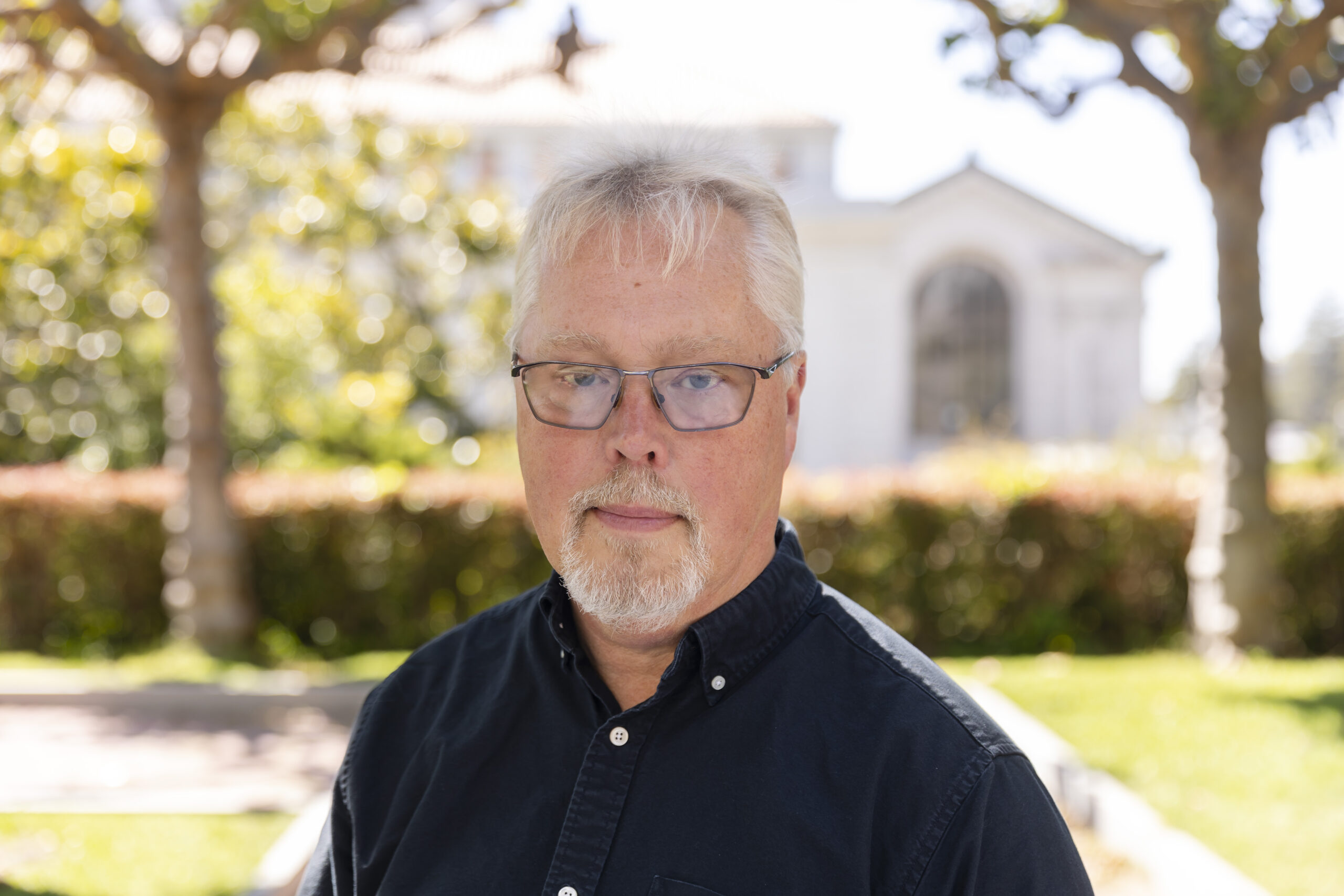
Anders Näär
Nutritional Science and ToxicologyDr. Anders Näär is a Professor in the Department of Nutritional Science and Toxicology.
Project Description
Therapeutic targeting of a pathological MicroRNA in cardiac diseases
Joint project with Matt Springer
The Springer lab has decades of experience applying cell/gene/drug therapeutic approaches to cardiovascular diseases, and the Näär lab has uncovered several miRNAs as crucial regulators of cholesterol/lipid homeostasis and whole animal metabolism, with important ramifications for the treatment of cardiometabolic diseases. Together, they propose to develop a commercially viable therapy for three forms of cardiac disease: heart failure, smoking-related cardiac dysfunction, and Barth Syndrome cardiomyopathy.
Anders Näär’s Story
A Bakar Fellow’s Solution to a Global Leading Cause of Death
November 2, 2023
By: Niki Borghei
Heart failure stands as a global health crisis, claiming countless lives across a spectrum of disorders and conditions, from cardiometabolic ailments to rare genetic diseases. In the United States, it’s the leading cause of death. But despite its many causes, its solutions remain limited.
Dr. Anders Näär, Professor of Metabolic Biology in the Department of Nutritional Science and Toxicology at UC Berkeley, is collaborating with UCSF Professor of Cardiology, Dr. Matt Springer, to address this challenge.
Although the molecular causes of heart failure are not fully understood, recent studies revealed pathological roles of tiny snippets of regulatory RNAs (termed microRNAs). Dr. Näär and Dr. Springer have also garnered compelling evidence for a key role for the miR-128-3p microRNA in myocardial infarction-related heart failure, with striking rescue of cardiac functions after treatment with an antisense oligonucleotide (ASO) targeting miR-128-3p (termed anti-miR-128-3p). The studies are promising, with many of their models demonstrating a
substantial reduction in heart failure. The two are now embarking on studies to examine if their anti-miR-128-3p treatment can rescue heart failure associated with myocardial infarction (heart attacks), as well as smoking-related heart failure, and cardiac decline associated with the rare pediatric genetic disease Barth Syndrome.
Q: What led to your interest in this area of research?
A: My lab, first at Harvard Medical School/Massachusetts General Hospital and now at UC Berkeley, had previously used human genetics to uncover pathological roles for microRNAs in a range of diseases/disorders, including circulating cholesterol/lipid abnormalities, obesity, Type 2 diabetes, NAFLD/NASH, dry age-related macular degeneration (dAMD), and Duchenne muscular dystrophy (DMD). The rescue of heart failure in models with our anti-miR-128-3p therapeutic was very exciting, and which led me to initiate the myocardial infarction
collaboration with Matt’s group. We again saw extremely compelling rescue of heart function with our anti-miR-128-3p treatment, even with a single injection under the skin 2 hours after the heart attack. I believe our anti-miR-128-3p treatment could represent a highly promising novel therapeutic avenue for many forms of heart failure.
Q: What made you excited about entrepreneurship?
A: I’ve for many years studied molecular mechanisms underpinning disease, from cardiometabolic, to cancer, multidrug resistance in fungal infections, viral diseases such as COVID-19 and influenza A/B, etc. Over the last decade or so, we have based on the detailed molecular insights from those studies been able to design novel therapeutic avenues, and tested these concepts in a variety of disease models. When we could not go any further in the lab or with collaborators due to expensive pre-clinical studies, I’ve spun out multiple NewCos to take
the therapeutic approaches towards the clinic.
Q: How is the Bakar Fellows Program supporting your goals?
A: Matt and I will split the funds to support studies and follow-on molecular analyses in post-myocardial infarction HF, smoking-related HF, and in a Barth Syndrome HF model. We’re hoping that the anti-miR-128-3p ASO therapeutic will be broadly efficacious in various HF disease contexts, and then translate this into a novel treatment.
Q: What’s it like working on a collaborative project with Matt Springer?
A: Matt’s group has very complementary expertise, with many years of experience with HF studies, and we’re thrilled to be supported by the Bakar Fellows funds in these collaborative endeavors.
Q: When do you expect to see the treatment applied in humans?
A: We hope to move quickly forward in parallel with all three HF disease models, and gain insights into the possible pathophysiological roles of miR-128-3p in these disorders over the next 2-3 years. If successful, this will then set the stage for further translational studies in large models, as well as IND-enabling animal studies before human trials. My spinoff company Elenae Therapeutics, Inc., located in the Bakar Labs across the street from UC Berkeley, will take on any clinical development avenues.